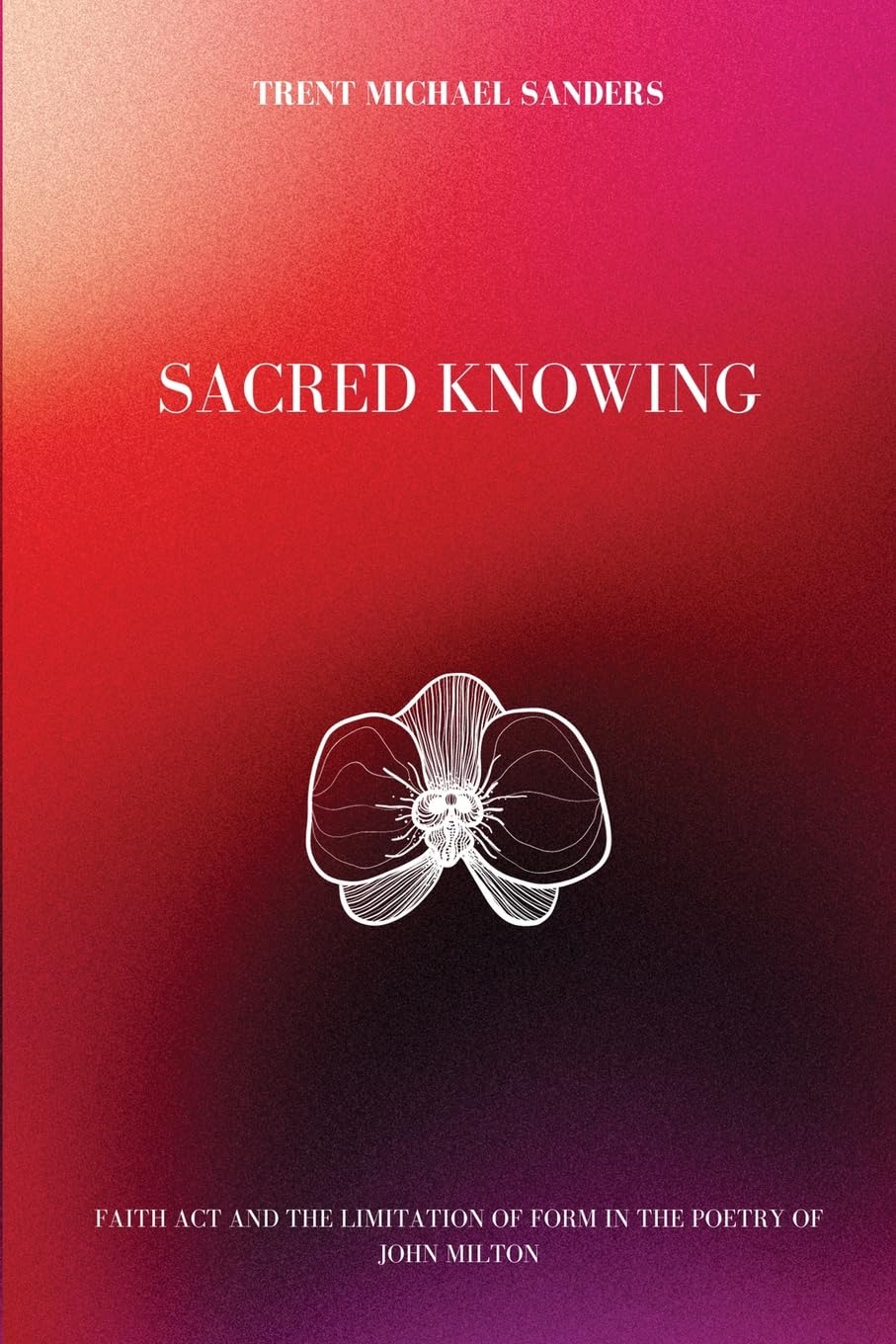



-
£27.18
£28.33 -
£10.58
£12.58 -
£16.71
£17.13
Reviews & Ratings
In chapter 2, I explore how the end of Milton's poetic career shows Milton's faith-actprovocatively saying that poetry can get him neither his wants, nor his needs, but testifies that hewants and needs. In that vein, Paradise Regained becomes a poem in doubt of Christian poeticidiom.
Dismantling poetic form, Paradise Regained highlights Milton's turn away from theoffice of poet and towards the office of priest. In seeking a new poetics to express Christianliturgy and sacrament, Paradise Regained does not undermine the material sacraments, butunderscores them.
Praxis and poetics are not Milton's sacraments for God, but Milton'ssacrifices to him. In chapter 3, I inquire into the consequences of Milton's faith-act.
The conflictMilton faces at the outset of Paradise Lost is neither "man's first disobedience," nor his"justify[ing] the ways of God to men," but is the contradiction in terms, as he perceives it, ofreconciliation and poetics. On the one hand, poetry, as Paradise Lost shows, might bear theparadox of the Fall's burden, and humanity's uninhibited joy.
On the other hand, through itspoetics, Paradise Lost exposes its limitations to render God's salvific presence in the world. Ofhis later poems, Paradise Lost is the first shadow of Milton's doubt to descend on the practice ofreconciliatory poetics.
In chapter 4, I demonstrate Milton's skepticism of systematic theology'sability to reveal the God-head, and suggest that Paradise Lost might be a more illuminating formto understanding God's nature. While a current in Paradise Lost focuses on Christian worshipthrough Adam's and Eve's sacramental relationship with each other, heaven's creatures, and theearth, the current also has an undertow.
Abdiel as the theologically gray angel is Milton'sexegetical and eisegetical character employed inside of Paradise Lost so that Milton can performhis faith-act and discover the reconciliatory limitation of form. Milton senses that hispoetry/poetics is not enough to save, and that his later poetry, in fact, transgresses God's will.
However, he paradoxically knows that for him to write poetry is God's will. In the sameway.
. .
Frequently Bought Products
Product Queries (0)
Login Or Registerto submit your questions to seller
Other Questions
No none asked to seller yet
-
£27.18
£28.33 -
£10.58
£12.58 -
£16.71
£17.13
Bookiyos Books Solutions - Quality Books, Unbeatable Prices
Bookiyos Books Solutions is your premier online bookstore offering a vast selection of over 5 crore books. Whether you're looking for the latest releases, timeless classics, or rare finds, we have something for every reader. Our platform serves customers worldwide, including the USA, UK, and Europe, with fast delivery and easy return policies to ensure a hassle-free shopping experience. Discover daily updates, exclusive deals, and a comprehensive collection of books that cater to all your reading needs. Shop with confidence at Bookiyos, where quality books and unbeatable prices meet.
Why Choose Bookiyos?
Extensive Inventory: New, old, and rare books available.
Fast Delivery: Same or next-day shipping.
Easy Returns: Hassle-free refund and return policies.
Global Reach: Serving customers in the USA, UK, Europe, and beyond.
Daily Updates: Thousands of new titles added every day.
Join our community of book lovers and start your literary journey with Bookiyos Books Solutions today!







